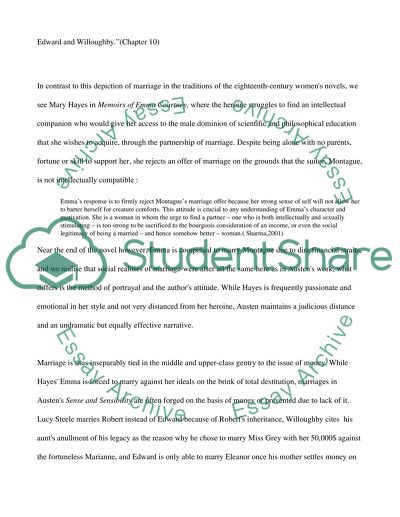Cite this document
(“The social structure in the English society Book Report/Review”, n.d.)
The social structure in the English society Book Report/Review. Retrieved from https://studentshare.org/literature/1508639-the-social-structure-in-the-english-society
The social structure in the English society Book Report/Review. Retrieved from https://studentshare.org/literature/1508639-the-social-structure-in-the-english-society
(The Social Structure in the English Society Book Report/Review)
The Social Structure in the English Society Book Report/Review. https://studentshare.org/literature/1508639-the-social-structure-in-the-english-society.
The Social Structure in the English Society Book Report/Review. https://studentshare.org/literature/1508639-the-social-structure-in-the-english-society.
“The Social Structure in the English Society Book Report/Review”, n.d. https://studentshare.org/literature/1508639-the-social-structure-in-the-english-society.


